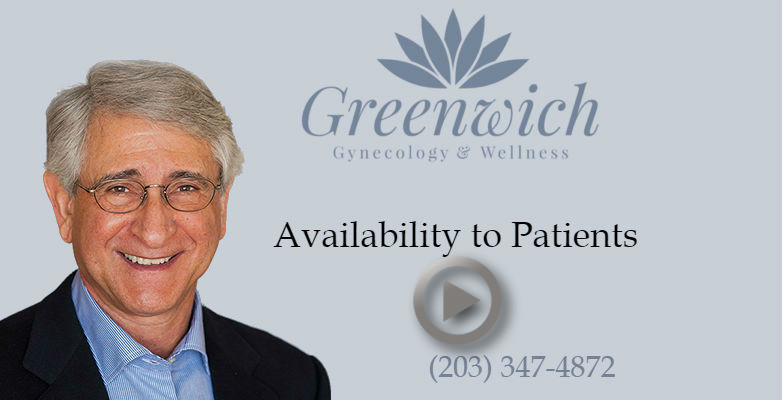People need to contact a physician if they want symptom relief or wish to be proactive with their health care. Preventative medicine can obviate the need for reactive medicine. An individual should not wait for a health disaster to happen when it can be safely prevented.
If an individual believes they may be a candidate for hormone replacement therapy, it is important that they consult with a doctor to better understand all of the potential benefits. Learning whether you are eligible for treatment is just one of the benefits of speaking with a Connecticut HRT doctor.
Aside from experience and accreditation, when searching for a Connecticut HRT physician, it is also important to see how the doctor practices. An individual may ask themselves questions such as:

If a person delays intervention, some of the symptoms may resolve on their own, like night sweats and flushes, but most will either persist or worsen. This is referred to as the aging process. From a medical standpoint, the potential for plaque formation in the coronary, carotid and cerebral arteries progressively leads to heart disease, stroke, and vascular dementia. Obesity, hypoestrogenic replacement therapy tension, elevated cholesterol, osteoporosis, colon and prostate cancer, all of which can experience various degrees of protection with HRT, may also be progressive.
Obesity, hypoestrogenic replacement therapy tension, elevated cholesterol, osteoporosis, colon and prostate cancer, all of which can experience various degrees of protection with HRT, may also be progressive. An HRT doctor in Connecticut can benefit an individual by explaining such progressions more effectively.
Patients who have decided to go forward with an HRT program need to make a strong commitment. Most importantly is to have the discipline to regularly take medications at the proper times and to have periodic laboratory testing to assess if their hormone levels are ideal. A knowledgeable HRT doctor can benefit a Connecticut patient by helping them keep on track with their medication. They need to proactively speak with their physician if side effects occur.
Patients need to be prepared for delayed gratification. The initial doses of all hormones are intentionally low. That is because it is difficult to determine one’s sensitivity to a medication. Often times there is very little benefit experienced at this time, with complaints of no change in libido, fatigue, or sleep patterns. This disappointment needs to be explained prior to initiation of therapy so patients do not have unreasonable expectations. When hormone medications are gradually increased, however, physical responses and optimized levels can vary with time. Typically, estrogen and DHEA reach their ideal levels (and patient response) sooner than testosterone and thyroid. It may take months or even a year for maximum benefits to be achieved.
There are patients who are reluctant or unable to initiate HRT and request alternative treatment. There are many over the counter supplements to address symptoms of estrogen deficiency, low testosterone, low libido and thyroid boosters but they have limited capacity relative to HRT.
Dietary changes such as elimination of gluten and dairy products can alleviate flushes and night sweats, as well as primrose oil, black cohosh, Estrovan and similar products. Prescription remedies include clonidine patches and Brisdelle. Many physicians prescribe antidepressants such as Effexor which work well but can have many other side effects and are difficult to wean off.
Naturopathic medications, homeopathy and acupuncture also offer limited symptomatic relief. An experienced Connecticut HRT doctor can be to an individual’s benefit when discussing any forms of alternative therapy.